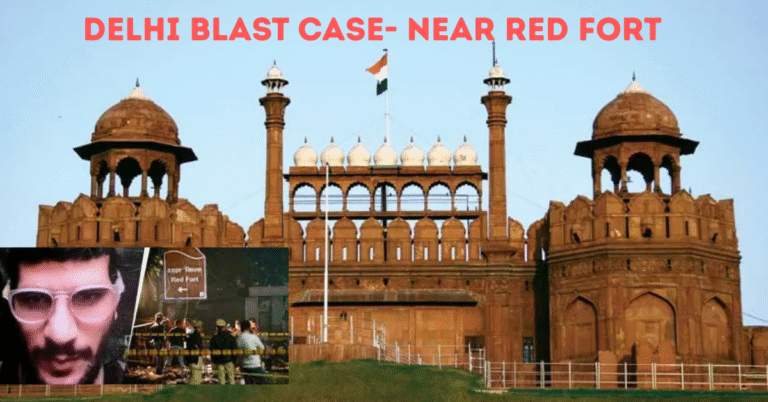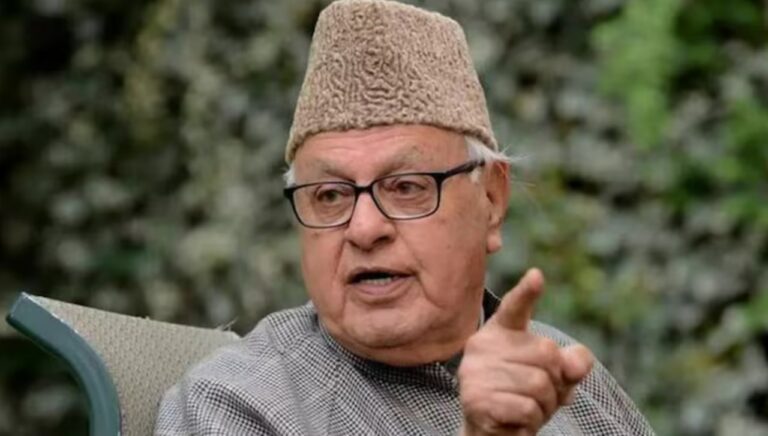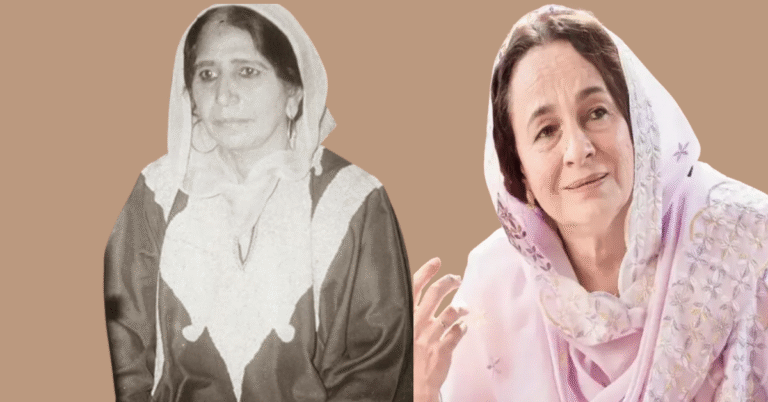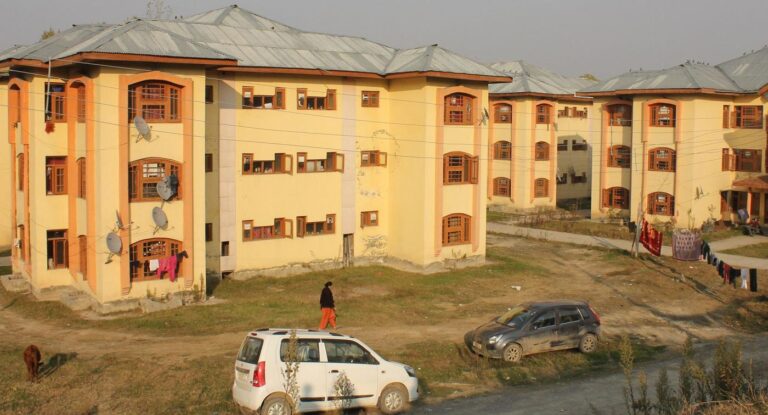The exodus of Kashmiri Pandits stands as a painful and tragic chapter in the history of Kashmir. The forced exodus of Kashmiri Pandits from the beautiful valley in the late 1980s and early 1990s not only shattered lives but also disrupted the cultural and social fabric of the region. This blog aims to shed light on the events leading up to the exodus, the consequences it had on the Kashmiri Pandit community, and the ongoing pursuit of justice for the atrocities committed against them.

The Exodus of Kashmiri Pandits
The Exodus of Kashmiri Pandits in 1990 was a result of a series of targeted attacks, threats, and intimidation by extremist elements. The Pandit community faced a grave risk to their lives and were left with no choice but to leave their homes and seek refuge elsewhere. This forced migration not only uprooted families but also had a profound impact on the cultural and social fabric of Kashmir.
The Exodus of Kashmiri Pandits had far-reaching consequences for the Kashmiri Pandit community. Families were separated, properties were abandoned, and the community’s heritage was left vulnerable. The loss of lives, and livelihoods, and the disintegration of a vibrant and inclusive society left an indelible mark on the collective memory of Kashmir. There was a planned genocide of Kashmiri Pandits, which unfortunately is continuing even after 34 years.
The Tragedy of Genocide: The term “genocide” accurately describes the campaign against Kashmiri Pandits. The targeted violence and persecution they faced in the late 1980s and early 1990s fit the United Nations’ definition of genocide. This violence, driven by Islamic extremism, sought to eradicate the Kashmiri Pandit community based on their religious and cultural identity. The brutality included targeted killings, rape, torture, and the destruction of homes and properties, with the ultimate goal of forcing them out of the region.
Denial of Justice: Despite 34 years of exile, justice has remained elusive for the Kashmiri Pandits. The mass murders, organized crimes, looting, and killings have gone unpunished, with no one held accountable in a court of law. The failure of government agencies to effectively investigate and prosecute cases of violence has allowed terrorists to evade arrest and perpetuate a culture of impunity. Even the Indian Supreme Court’s refusal to conduct investigations into the murders of Kashmiri Pandits in recent years highlights the systemic challenges faced in achieving justice.
Violence Against Women: Numerous Kashmiri Pandit women fell victim to rape and murder during this period. Girija Tikoo, Sarla Bhat, and many other unfortunate Kashmiri Pandit women endured brutal acts of rape and murder. The manner in which these crimes were committed, such as using a mechanical saw to dismember bodies, is unparalleled in the history of brutality.
It is crucial to acknowledge that violence, especially when directed at women, is completely unacceptable, and those responsible must be held accountable for their deeds. Despite enduring 34 years of exile, justice for these heinous crimes remains elusive.
Despite the widespread killings, organized crime, looting, and murders of Kashmiri Pandits, no one has ever faced trial in a court of law for convictions except Yaseen Malik, who has been convicted by Delhi court, though, there have been instances where terrorists have openly admitted on national television to killing dozens of Kashmiri Pandits.
The Need for Accountability: The failure of political parties, civil society, and the courts in India to address the issues faced by Kashmiri Pandits has only exacerbated their suffering. The lack of accountability and the inability to ensure their safety have led to an increase in targeted attacks, compelling even those who had not initially migrated in 1990 to flee from Kashmir. The demand for justice, security, and a safe return to their homeland remains unfulfilled.
Will the Kashmiri Pandits ever be able to return home?
Conclusion:
The exodus of Kashmiri Pandits in exile is a tragic reminder of the immense pain and loss suffered by the community. The pursuit of justice for the atrocities committed against them is an ongoing struggle that requires unwavering commitment from all stakeholders. The restoration of peace, security, and the rebuilding of trust and harmony within the region are crucial steps toward healing the wounds of the past. It is imperative that the voices of Kashmiri Pandits are heard, their suffering acknowledged, and measures taken to ensure their safe return and a just future. Let us collectively work towards a society where such exoduses are no longer a reality and where justice and peace prevail.






